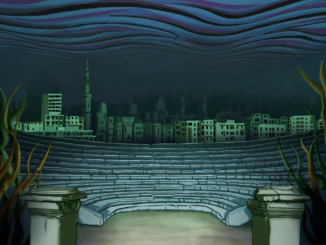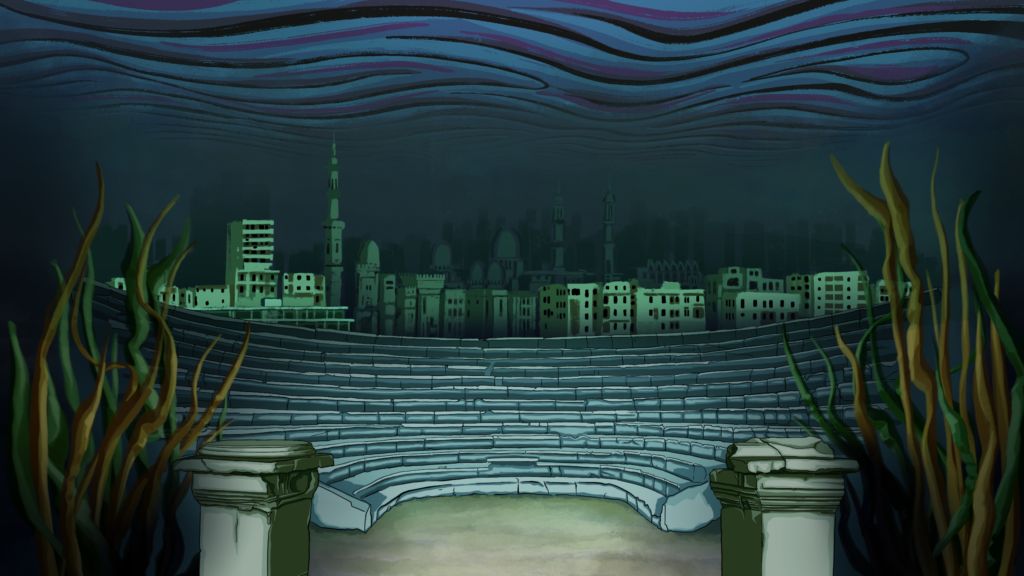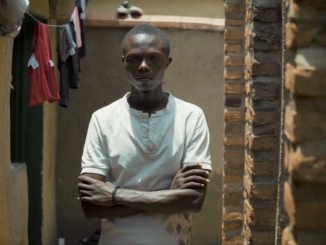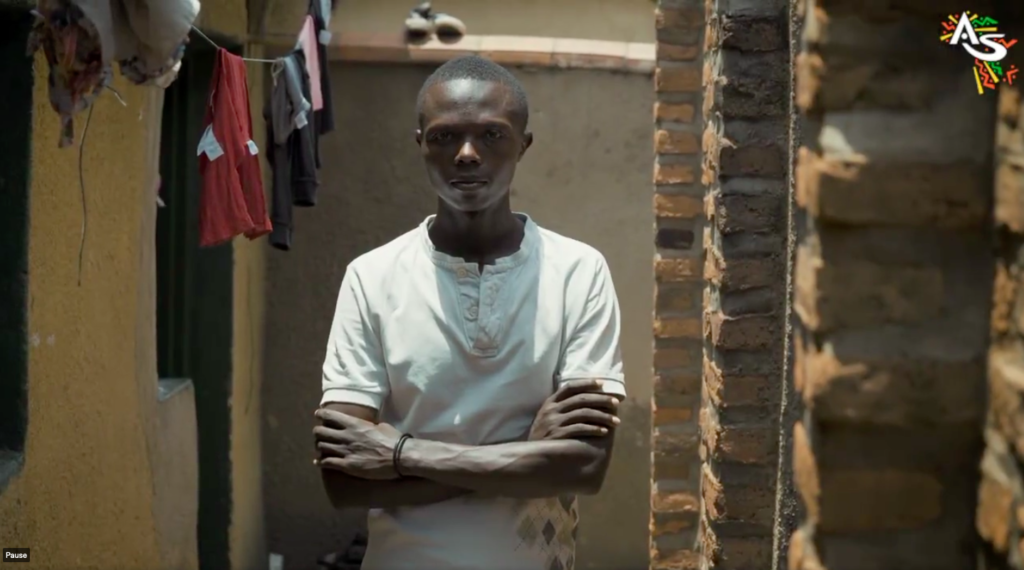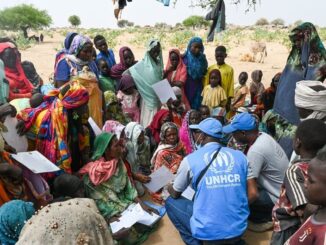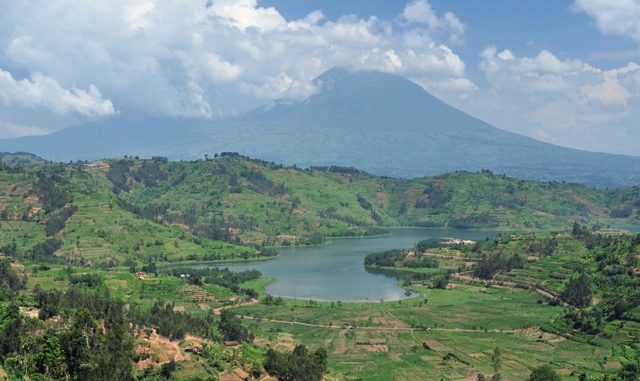
Rwanda is one of the world’s fastest growing economies and is ranked second in Africa as the easiest place to do business. In addition, this landlocked country boasts the world’s record for female representation in parliament. And it’s the only African country that manufactures “Made in Africa” smartphones.
These milestones make for impressive reading in the Western world, so accustomed to morbid news from the most corrupt region of the world.
This has also led major global brands including the world’s biggest car manufacturer, the world’s biggest nuclear company by foreign orders, a major U.S. multinational telecommunications company plus a retinue of other global corporations to set up shop in a country the size of the U.S. state of Maryland.
In the paternalistic eyes and hearts of foreign development partners in Africa, Rwanda is obsequiously referred to as the “Singapore of Africa,” a moniker that gives the impression that all is hunky-dory in this “land of a thousand hills.”
Rwanda’s economic and social accomplishments—while impressive—mask the underbelly of one of the world’s cruelest states, led by Paul Kagame.
Here, freedom of expression is muzzled. Extrajudicial killings are institutionalized. Show trials are routinely encouraged. Forced disappearances are embraced, while private businesses are forcibly seized by a regime that operates like the Nazi Gestapo.
Despite evidence of Kagame ordering his political opponents to be murdered, arrested, jailed, kidnapped, assassinated and tortured, the international community has continued to turn the other way. Why is that the case in Rwanda, but not in countries like Ethiopia, where U.S. Secretary of State Antony Blinken has called for a ceasefire to allow for humanitarian aid to flow into the Tigray region?
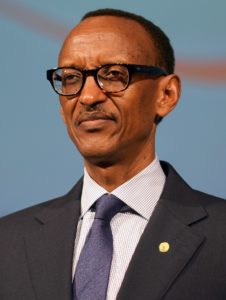
The President and the ruling Rwanda Patriotic Front (RPF) have built and fine-tuned over the decades a totalitarian police state in which criticism of the government, or any semblance of dissent, is criminalized and often results in death for those who dare to speak out, said Jeffrey Smith, founding director of Vanguard Africa. He told TF in an email exchange, “There is no independent media, nor independent human rights groups or a political opposition that are allowed the minimum space to operate. The ruling RPF, in essence, has been wholly conflated with the state,” says Smith.
The 1994 genocide killed about 800,000 people drawn mainly from the minority Tutsi community, including moderate Hutus, while the rest of the world silently looked on. But Rwanda has since experienced an economic recovery that has been inextricably linked to Kagame, who officially took power in 2000.
In a controversial 2015 constitutional referendum, Rwandans voted overwhelmingly to allow Kagame, 63, to stand again for office beyond the end of his second term, which ended in 2017. He won elections held the same year with nearly 99 percent of the vote. In theory, he could run twice again, keeping him in power until 2034. His current term ends in 2024.
So why does the Western world play blind and deaf to the excess exhibited by Kagame? In other words, why the complicity in crimes and misdeeds in Rwanda ever since the end of the genocide?
“Rwanda has performed exceedingly well on the economic front. It’s seen as a success story in a continent that is dotted with malfunctioning states,” Lewis Mudge, the Central Africa Director at Human Rights Watch (HRW) told TF in a telephone interview. “The international donor community loves a good story and Rwanda serves as an example.”
Mudge added Western collective guilt after the 1994 genocide also weighed in.
The United States and the United Kingdom, like other Western governments, did not intervene in the 1994 Rwandan genocide. Nonetheless, both U.S. President Bill Clinton and U.K. Prime Minister Tony Blair later emerged as moralists and humanitarian interventionists, claiming human rights as one of the guiding principles for U.S. and British leadership in the world. This argument has since been used to bomb Yugoslavia, and invade Afghanistan, Iraq, Libya and Syria.
However, a U.S. diplomat quoted in the New York Times in an article aptly titled, “The Global Elite’s Favorite Strongman,” explained the reason the West disregarded the atrocities happening in Rwanda. “You put your money in, and you get results out. We needed a success story, and he was it.”
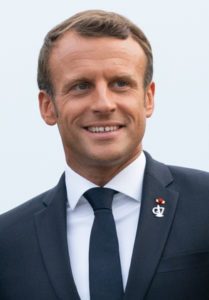
In late May, French President Emmanuel Macron travelled to Rwanda, formerly a French colony, in a gesture largely aimed at fixing a glacial relationship that had broken down as a result of the latter having backed the former extremist government in Rwanda, including supporting and training its military, which committed genocide.
In addition, France is determined to win back its influence in former French colonies in Africa, including in Rwanda. Some have begun cooperating with other powers, among them China and Turkey, said Arrey E. Ntui, a researcher with the International Crises Group (ICG).
“The French Government is currently not that popular in Africa as a result of its past exploitative history with African states,” said Ntui. “The current leadership in Africa is assertive and takes no prisoners. This calls for France to tread carefully because there are emerging nations that are willing to partner with Africa without a condescending attitude. So it would have been foolhardy, for example, for Macron to censure his Rwandan counterpart on account of real or imagined human rights abuses happening in Rwanda.”
Since his inauguration in May 2017, Macron has visited 18 African countries out of 62 states he has so far visited, a sign that he is determined to claw back the influence France once had when it counted 20 countries as its colonies within the African continent.
But should the world expect an insurgency anytime soon in Rwanda?
Victoire Ingabire Umuhoza, a former presidential contestant who has been jailed for 15 years for daring to challenge Kagame told TF the Kagame government took power after a war and genocide.
“I would say that all these crimes committed in our country have traumatized Rwandans,” Umuhoza said. “Moreover, there is no room for dissenting voices in Rwanda. If one criticizes the government they are immediately labeled as the enemy of the state. Under such circumstances, people live in constant fear of expressing themselves. But this silence worries me a lot because it can lead to implosion in Rwanda one day.”
U.S. National Intelligence Council’s Global Trends Report published every five years says the world is “at a critical juncture in human history” and warns that a number of countries are at high risk of becoming failed states by 2030—Rwanda being one of them.
Charles Wachira is a foreign correspondent based in Nairobi, Kenya, and is formerly an East Africa correspondent with Bloomberg. He covers issues including human rights, business, politics and international relations.

